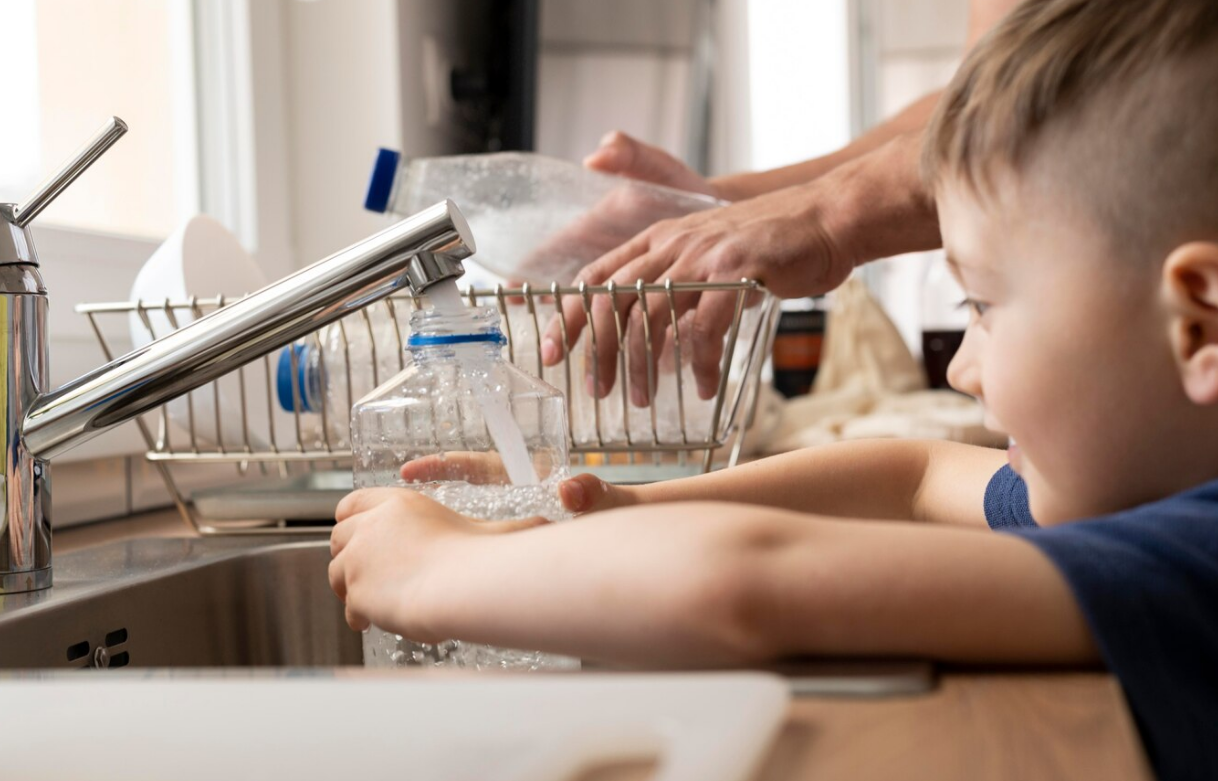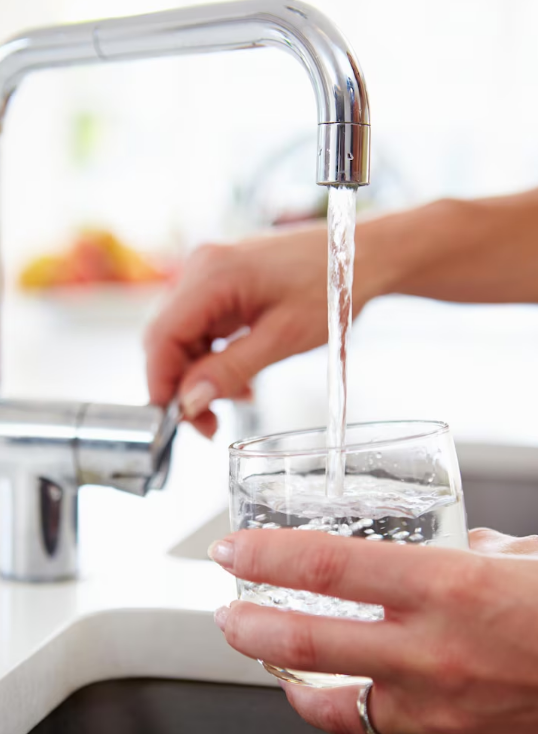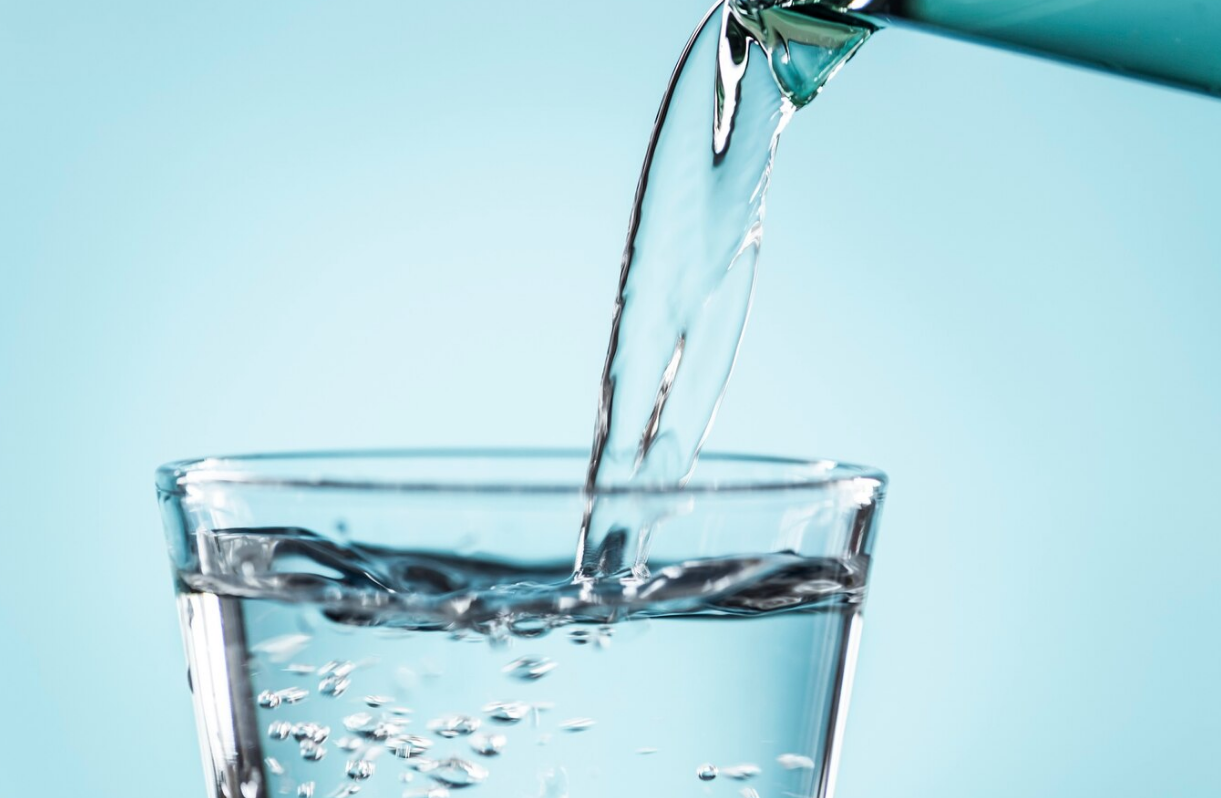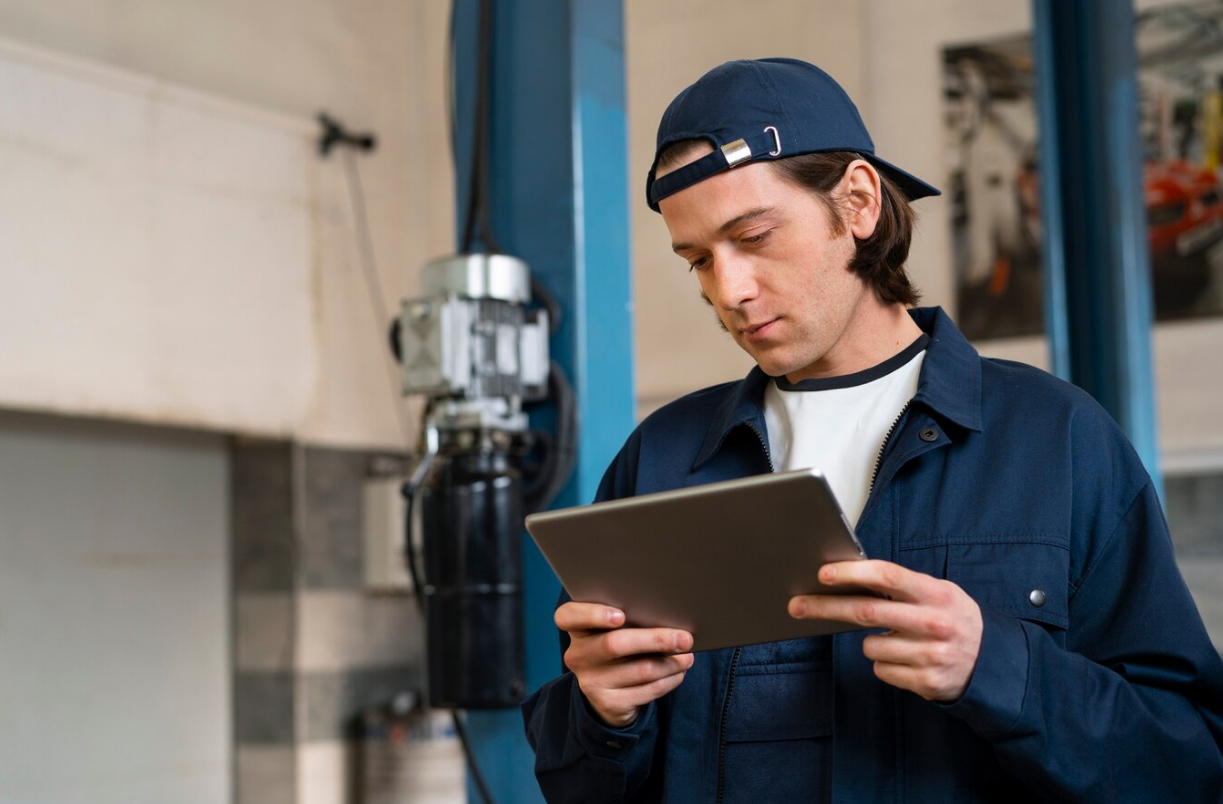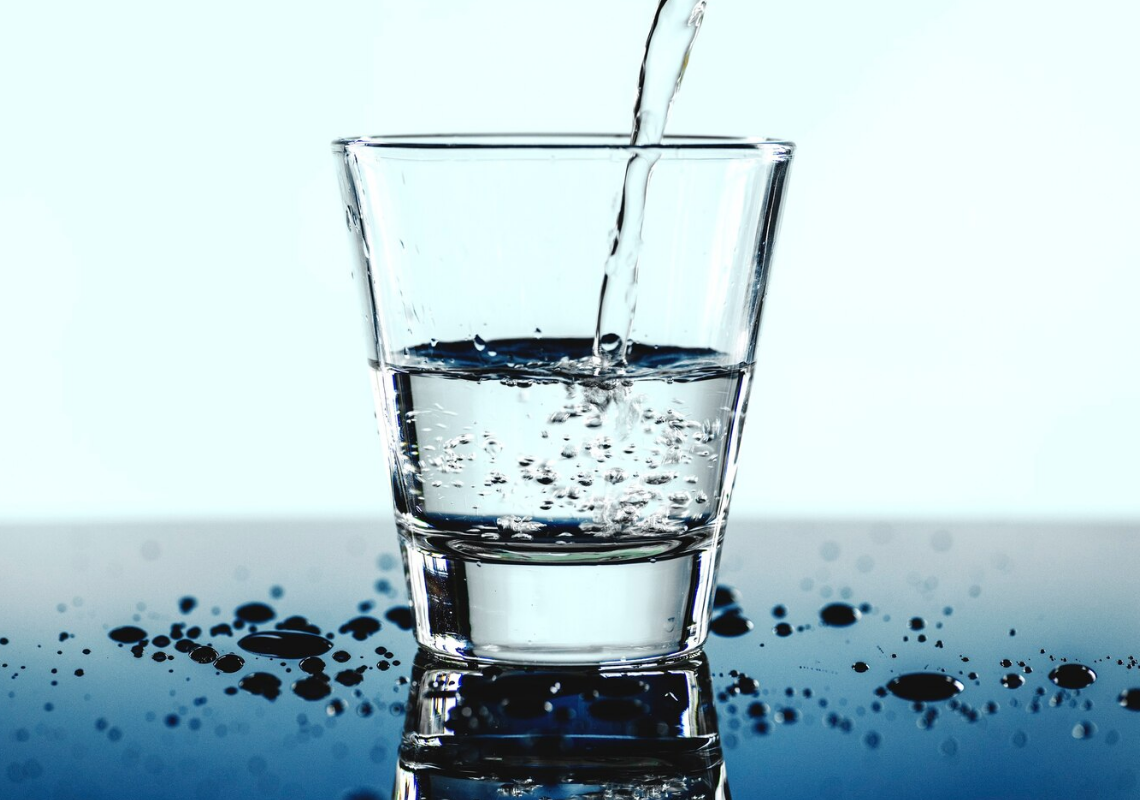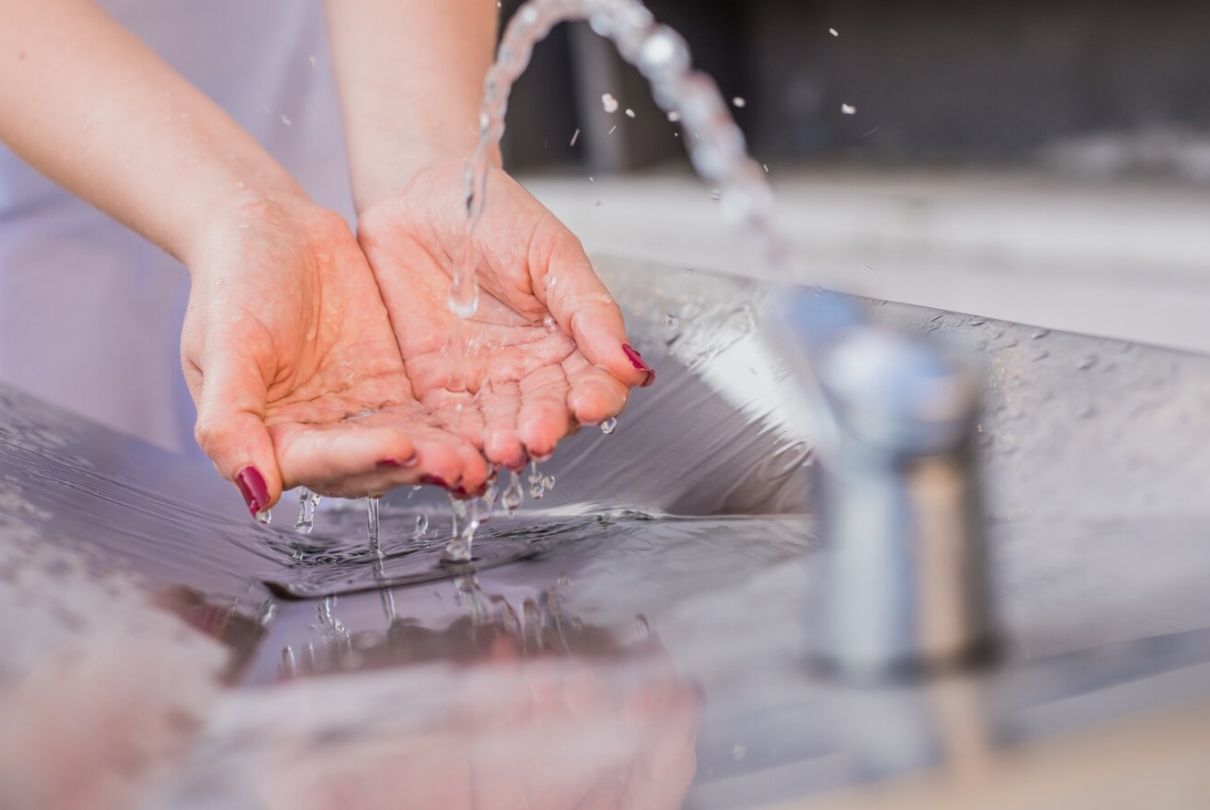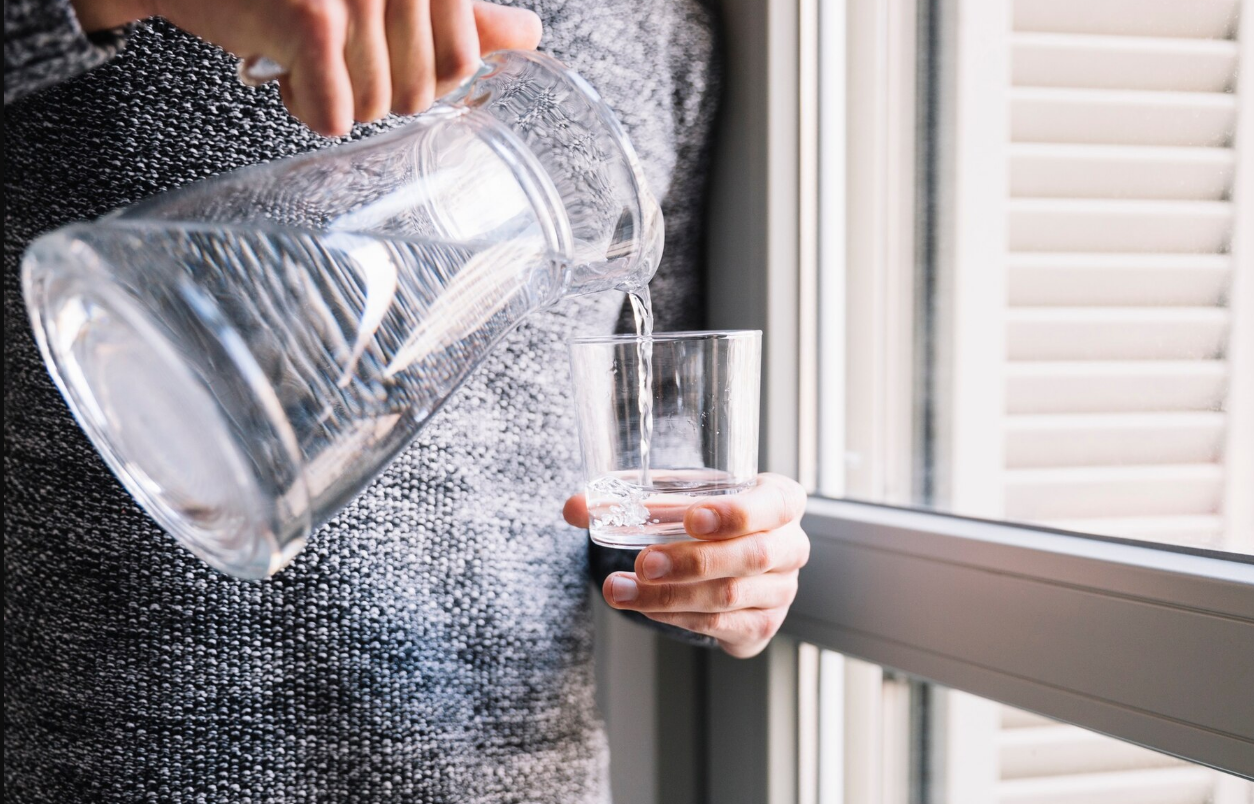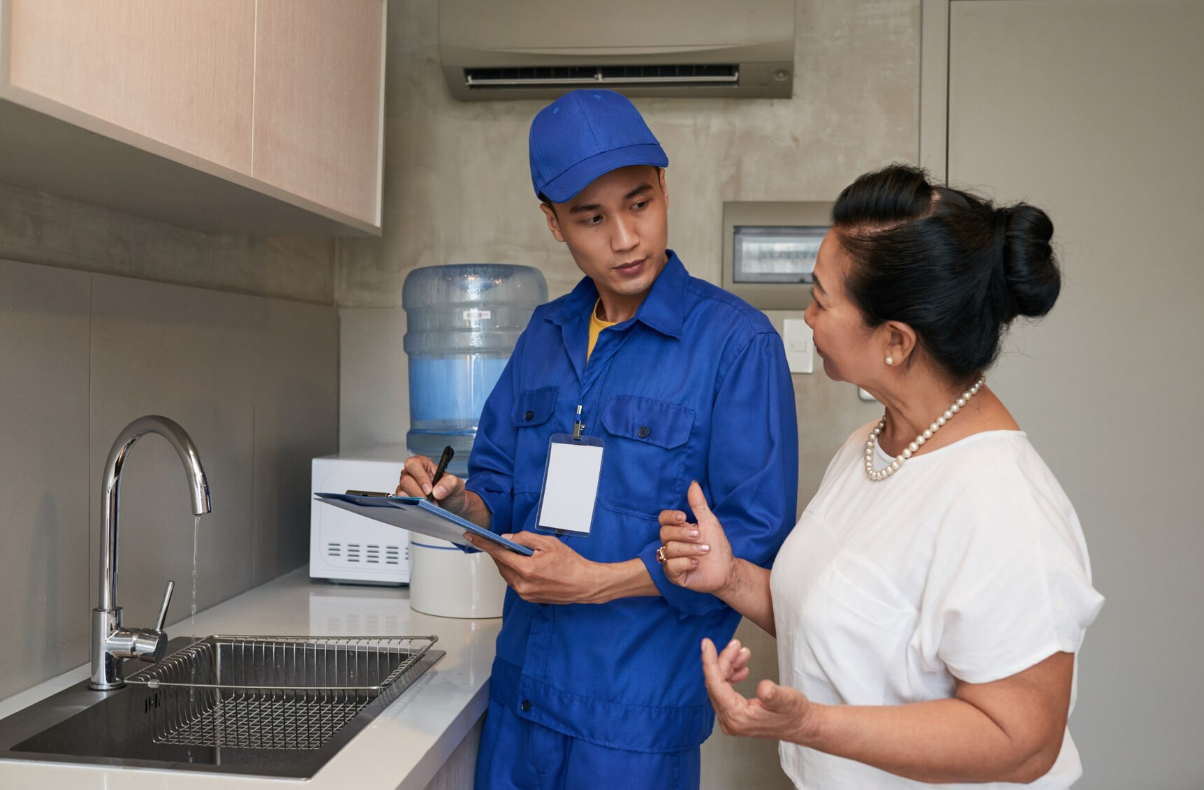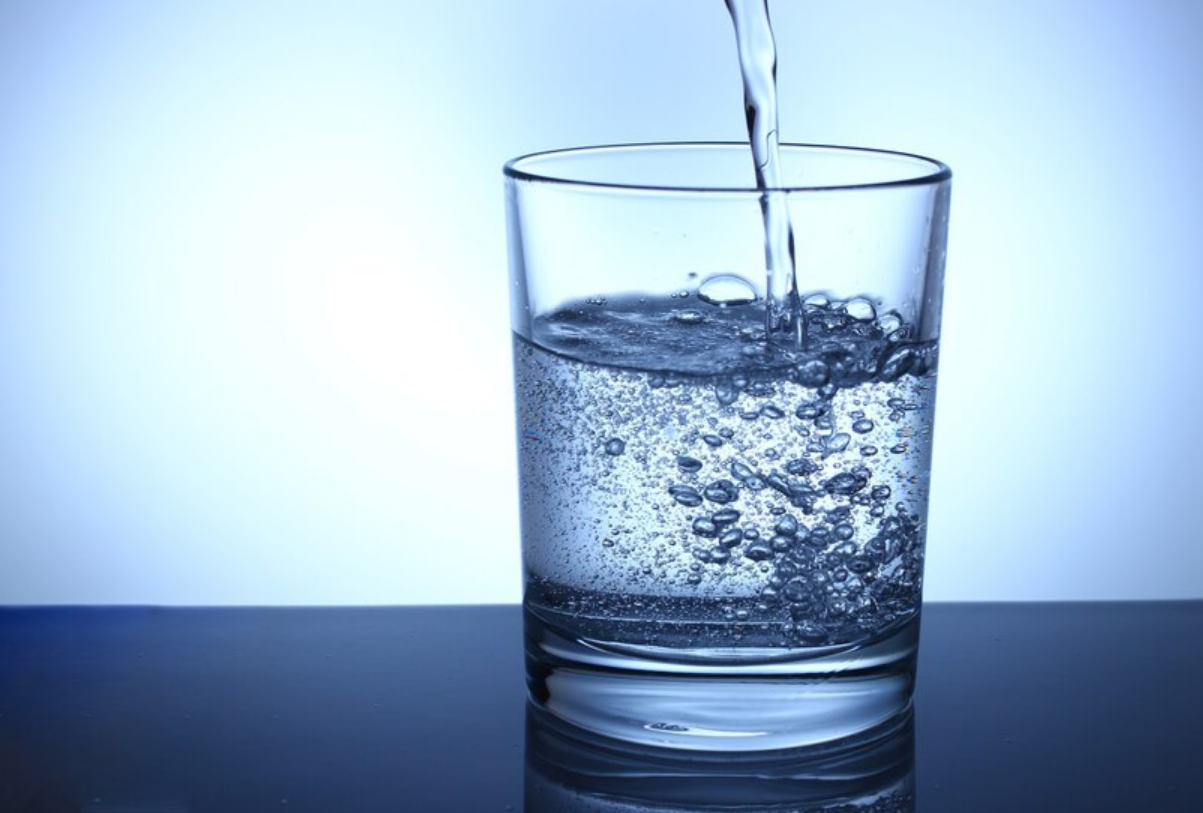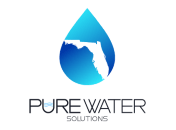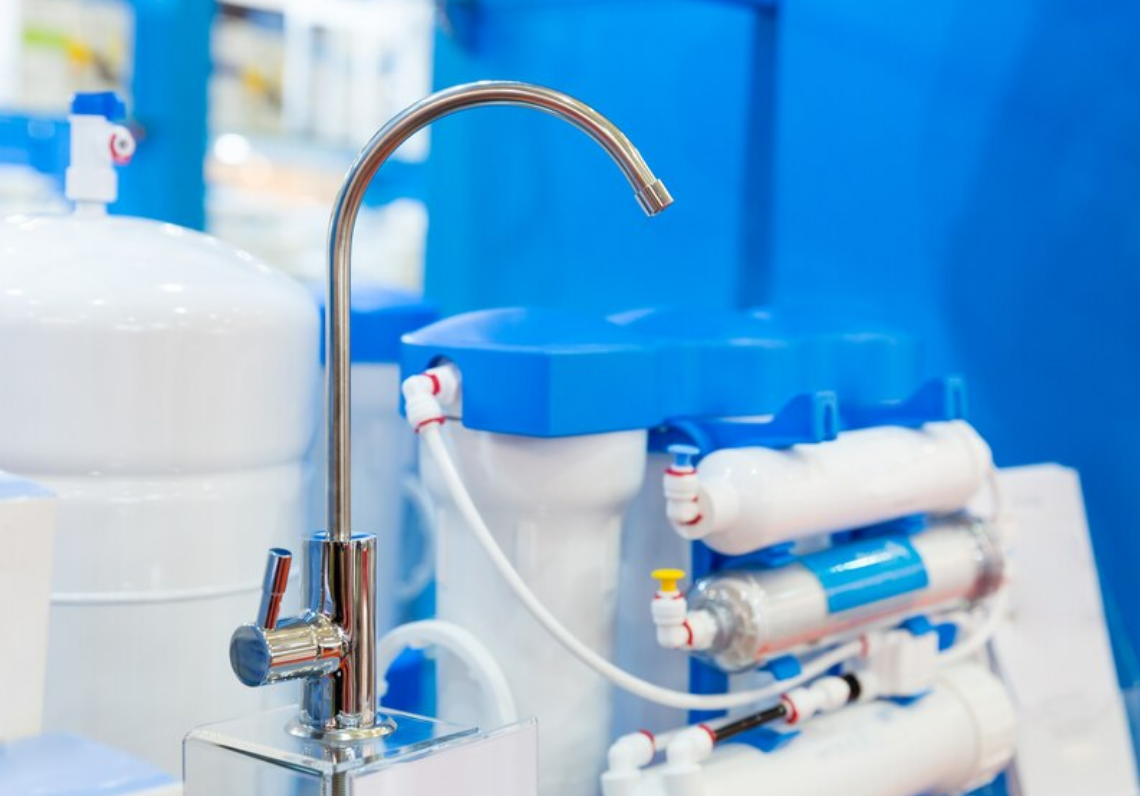5 Effective Techniques for Filtering Water at Home
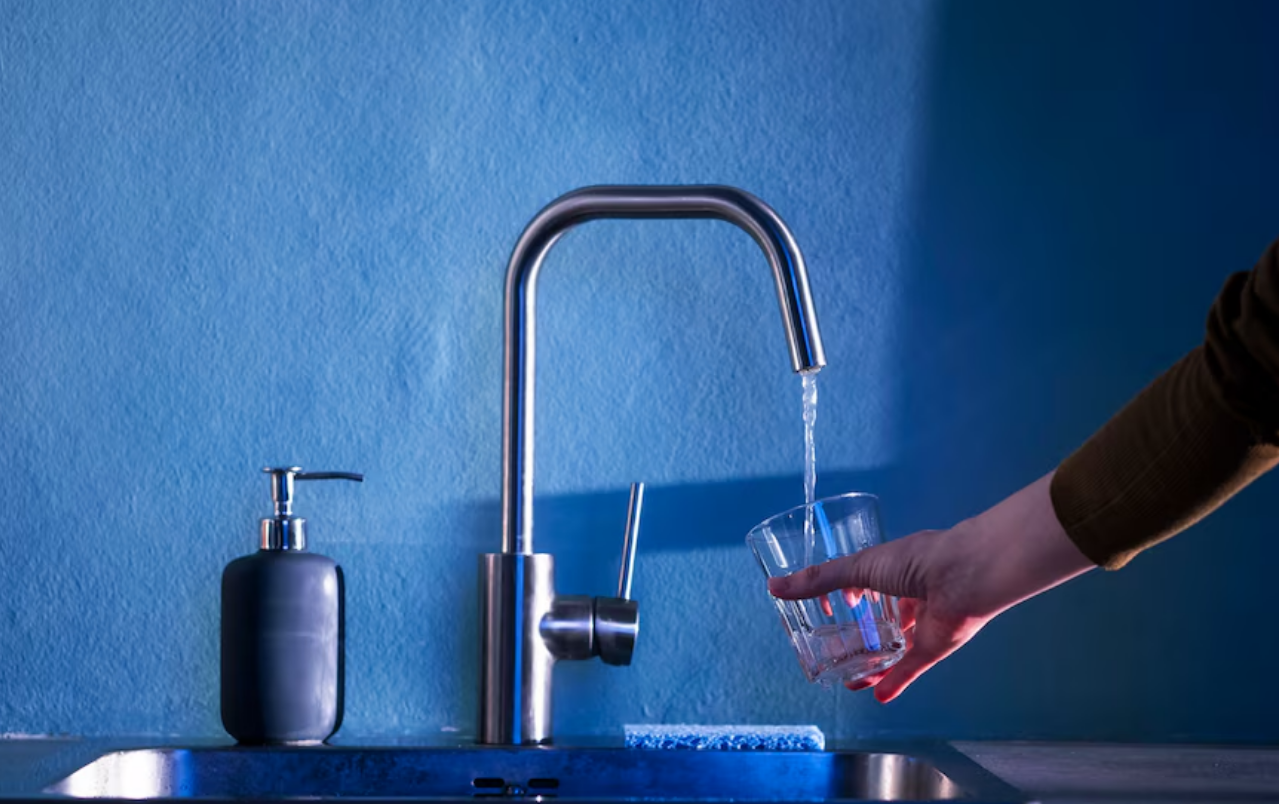
Clean drinking water remains essential for maintaining good health, and many homeowners now choose to install water filtration systems in their homes. Understanding different filtration techniques helps you make an informed decision about which method suits your needs best. Let's explore five proven ways to filter water effectively at your home.
Activated Carbon Filtration
Among various water filtration systems, activated carbon filtration stands as one of the most popular choices for home use. This method uses specially treated carbon material that attracts and traps common water contaminants through a process called adsorption. The carbon filters excel at removing chlorine, sediment, and organic compounds that affect taste and odor.
Many homeowners appreciate this method because it improves water taste without removing beneficial minerals. Regular replacement of carbon filters ensures continued effectiveness in providing clean drinking water.
Reverse Osmosis Systems
Reverse osmosis represents a highly effective approach among water filtration systems for removing a wide range of contaminants. This process forces water through a semi-permeable membrane that blocks particles, minerals, and other impurities. The system typically includes multiple filtration stages, with each stage targeting specific types of contamination. While these systems require more maintenance than simpler methods, they provide some of the purest drinking water possible in a home setting.
UV Light Purification
UV light purification offers a chemical-free option for water treatment that pairs well with other water filtration systems. This method uses ultraviolet light to destroy harmful microorganisms in your water supply. The UV lights target bacteria, viruses, and other microscopic organisms that might slip through other filtration methods. This technique proves particularly valuable in areas where water may contain biological contaminants, though it works best when combined with other filtration methods to remove non-biological impurities.
Ceramic Filters
Ceramic filters provide a reliable and long-lasting solution for water purification at home. These filters contain tiny pores that physically block contaminants while allowing clean water to pass through. Many ceramic water filtration systems include additional filtering materials like silver or carbon for enhanced purification. The durability of ceramic filters makes them cost-effective over time, though they require regular cleaning to maintain optimal performance. Their simple design and effectiveness make them popular among homeowners seeking reliable water purification.
Ion Exchange Technology
Ion exchange represents an advanced method among water filtration systems, particularly effective at dealing with hard water issues. This technique replaces harmful ions with beneficial ones through a specialized resin bed. The process proves especially useful for removing minerals that cause scale buildup in pipes and appliances. While primarily known for water softening, ion exchange systems also help remove other dissolved contaminants that affect water quality. Regular maintenance of these systems involves replenishing the salt or potassium used in the exchange process.
Each of these filtration techniques offers unique benefits for improving your home's water quality. Many homeowners choose to combine multiple methods to achieve optimal results. Understanding your specific water quality concerns helps determine which combination of filtration methods will work best for your situation. Regular maintenance of any water filtration systems you choose ensures continued effectiveness and clean, safe drinking water for your family.
